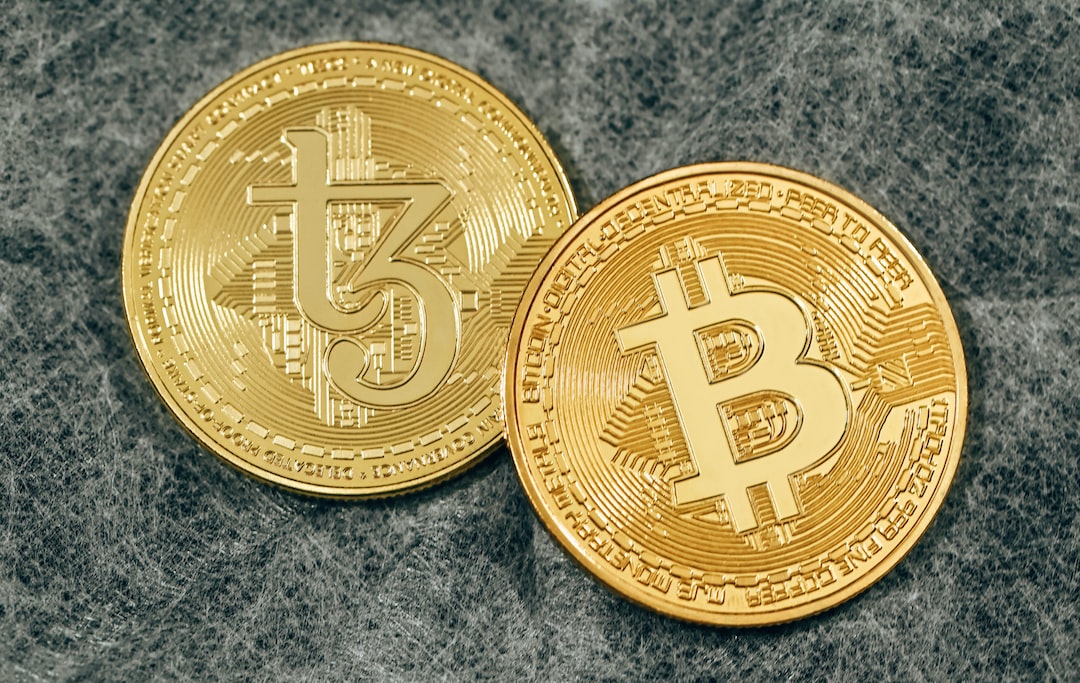Diverse Concerns: From Economic Stability to Personal Privacy
President Trump has made it clear that he opposes the implementation of a Central Bank Digital Currency (CBDC) during his tenure. He believes that using a CBDC could jeopardize the freedom of Americans and raise privacy concerns. Trump worries that a government-backed digital currency would enable an unprecedented level of surveillance, allowing authorities to closely monitor citizens’ financial transactions.
A Threat to Financial Privacy and Individual Liberty
Trump, known for advocating individual privacy rights, sees the potential introduction of a CBDC as a direct threat to the financial privacy enjoyed by citizens with traditional forms of currency. Additionally, he raises concerns about the potential abuse of power that could arise from a government-controlled digital currency, arguing that it would grant the government excessive control over individuals’ financial lives.
Controversy and Ongoing Debate
While Trump’s announcement has sparked controversy, it also highlights the ongoing debate surrounding the future of currency and the role of technology in shaping financial systems. As governments worldwide explore CBDC possibilities, Trump’s firm stance adds a significant voice to those expressing reservations about the potential risks and consequences associated with digitalizing currency.
Hot Take: Trump Opposes Central Bank Digital Currency Implementation
President Trump has voiced his opposition to implementing a Central Bank Digital Currency (CBDC), citing concerns about privacy infringement and government control over individuals’ finances. His firm stance adds weight to the ongoing debate surrounding the future of currency and technology’s role in shaping financial systems. While some criticize his views, Trump’s objections highlight the need for careful consideration of the potential risks and consequences associated with digitized currencies.





 By
By
 By
By

 By
By

 By
By